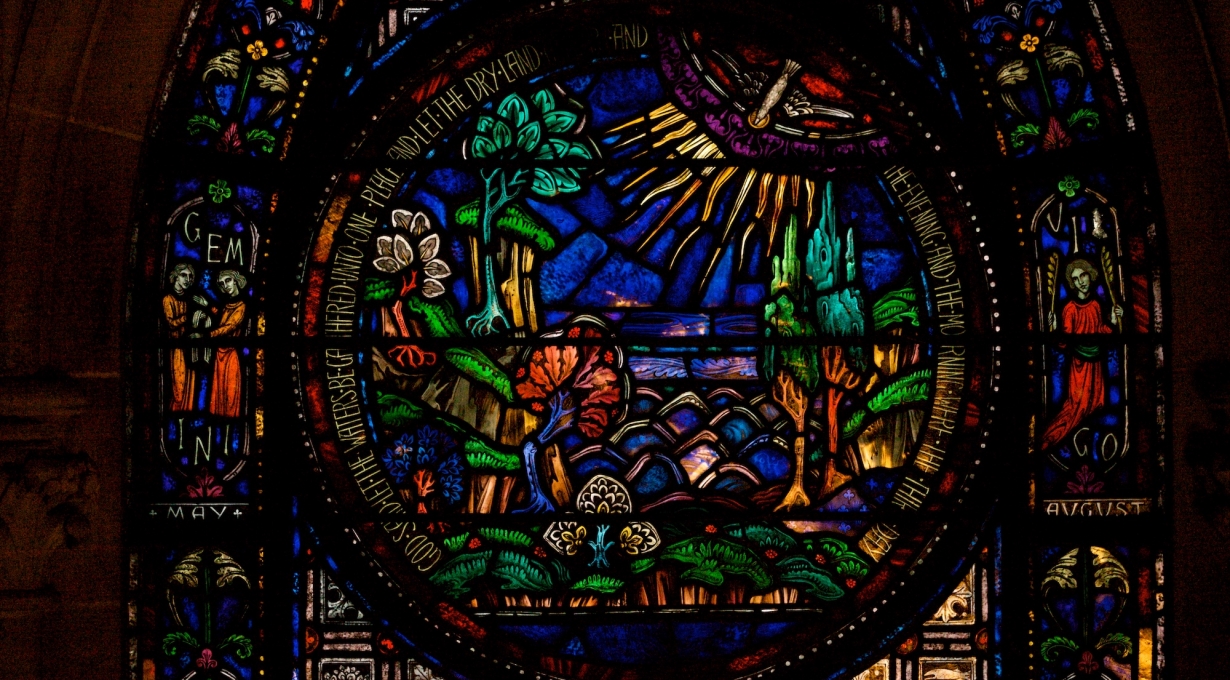The Hard Questions

The cultural and structural racism of our country has long been obvious to those whom it oppresses, while it has been easy for many of us to ignore or avoid a full understanding of its ugliness. Amid the current coronavirus pandemic, where communities of color are being infected and dying at much higher rates than their white counterparts, day-to-day cruelties and acts of racist humiliation and violence highlight a problem that has been generations in the making.
The news coming out of our own city, of a white woman falsely accusing a Black man of assaulting her because he asked her to follow a rule, and from our country, of a white Minneapolis police officer killing a Black man by kneeling on his neck while others looked on, has caused us deep sorrow, though perhaps not surprise.
The Cathedral community is made up of a diverse array of people from many races and backgrounds. For everyone, and particularly the people of color who have been left sad, angry, exhausted, or numb by these recent examples of racist violence, we're here for you. It's exhausting to constantly bear witness to these grotesque acts, and to feel that the national conversation on race is constantly restarting. Yet it's clear there is a deep need to continue the conversation, to truly come to grips with the starkness of racial bias and injustice.
We hope that you'll join us in reflection and conversation--especially those of us who are white. It's easy, particularly in New York, to imagine that we are distanced from the perpetrators of racist acts, to tell ourselves, "I'd never act that way." It's much harder to look inward and ask, what are our own contributions to a world that allows such injustice? And what changes can we make in ourselves and our communities to create a more just world?
These are hard questions, and they should, with hope, prompt complex answers. Racism is so deeply embedded into the heart of our country that it touches us all, with fatal results for some. For others, its reach is nearly invisible. For those who have until now been able to turn a blind eye from injustice, we must all learn how to see it, and pledge to root racism out of our psyches and our society.